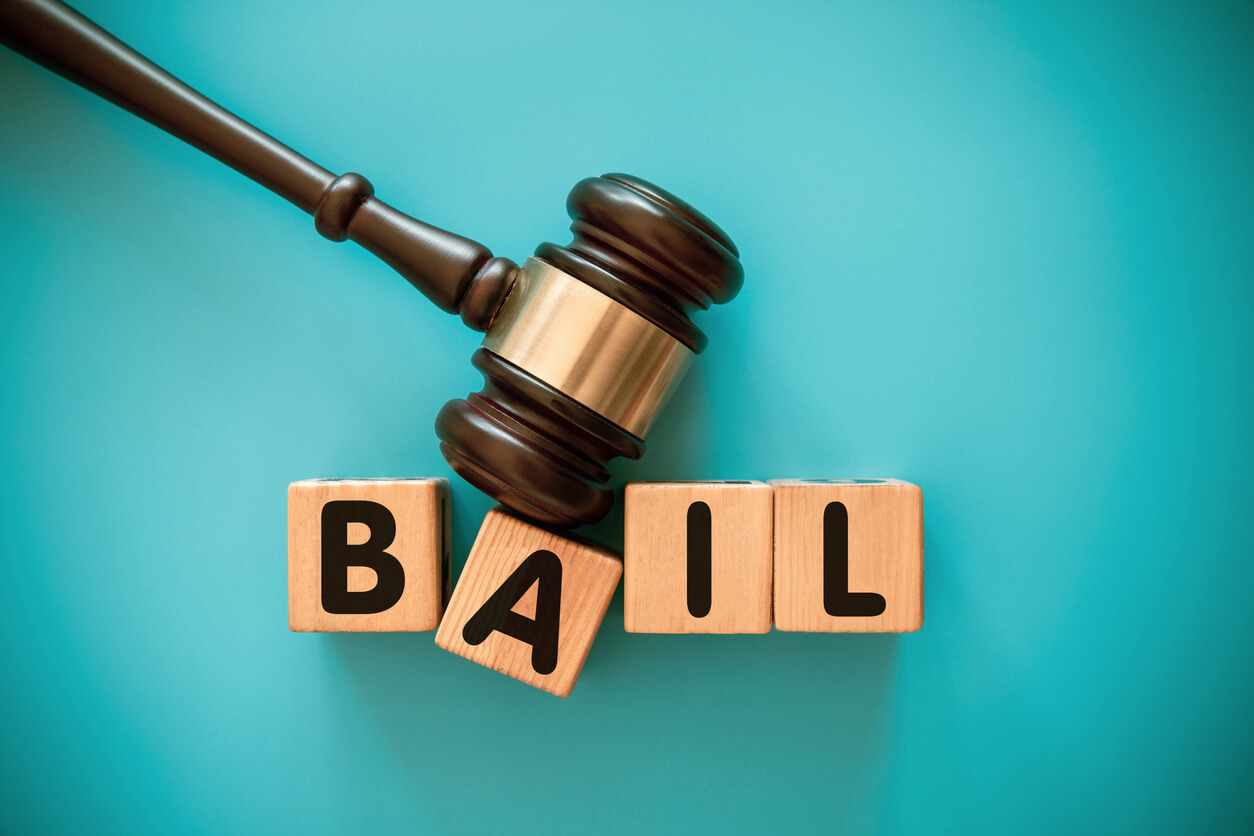When you have been accused of a crime, it’s important to remain respectful of law enforcement and follow the instructions given to you by the court. When a defendant has been released on bail there are certain requirements to which he or she must adhere. Here’s what to know about bail jumping in North Carolina.
What is bail?
In order to understand bail jumping, you must first understand the concept of bail. Bail is a legal process that enables an individual who has been accused of a crime to be released from custody pending their trial. The court establishes an amount of money and/or conditions that must be met in order for the defendant to be released. Bail is meant to ensure that the defendant will show up for their court appearances.
What Is Bail Jumping?
Bail jumping occurs when a defendant who has been released on bail, neglects to attend court for their designated trial or other obligatory proceedings. This constitutes a breach of the terms and conditions of their bail agreement. The consequences of bail jumping are substantial and have a significant influence on the ultimate outcome of the defendant’s legal case.
The Consequences of Bail Jumping in NC
North Carolina takes criminal law and any violations of it very seriously. This includes bail jumping. There are many potential consequences for a defendant’s failure to appear for trial after being released on bail. Such consequences include:
- Forfeiture of Bail: The court may forfeit the bail amount or collateral that was posted to secure the defendant’s release. This means that the money or property used for bail will not be returned.
- Bench Warrant: A bench warrant is generally issued for the defendant’s arrest when they fail to appear. Therefore, law enforcement can arrest the defendant and bring them back to court.
- Additional Criminal Charges: Bail jumping can also lead to more criminal charges, including contempt of court or bail jumping charges, which may carry their own penalties.
- Difficulty Securing Future Bail: Defendants who bail jump may have a more difficult time securing bail in future cases because courts may view them as flight risks.
- Extradition: In some cases, if a defendant jumps bail and leaves the state, extradition proceedings may be initiated to bring them back to face their original charges.
Hancock Law Firm, PLLC Helps Those in North Carolina Who Have Been Charged with a Crime
If you have been accused of a crime, you may have options. It’s imperative that you follow what you are asked to do. You have the right to defend yourself but your best bet of doing so successfully is with the help of a knowledgeable and experienced North Carolina criminal defense attorney who understands what you are up against and will fight on your behalf. However, time is of the essence, which is why it’s best to contact a qualified criminal defense lawyer as soon as possible.
At Hancock Law Firm, PLLC, we fully understand what is at stake and will do everything that we can to help you fight the charges against you. To learn more or to schedule a free consultation, contact us today!


